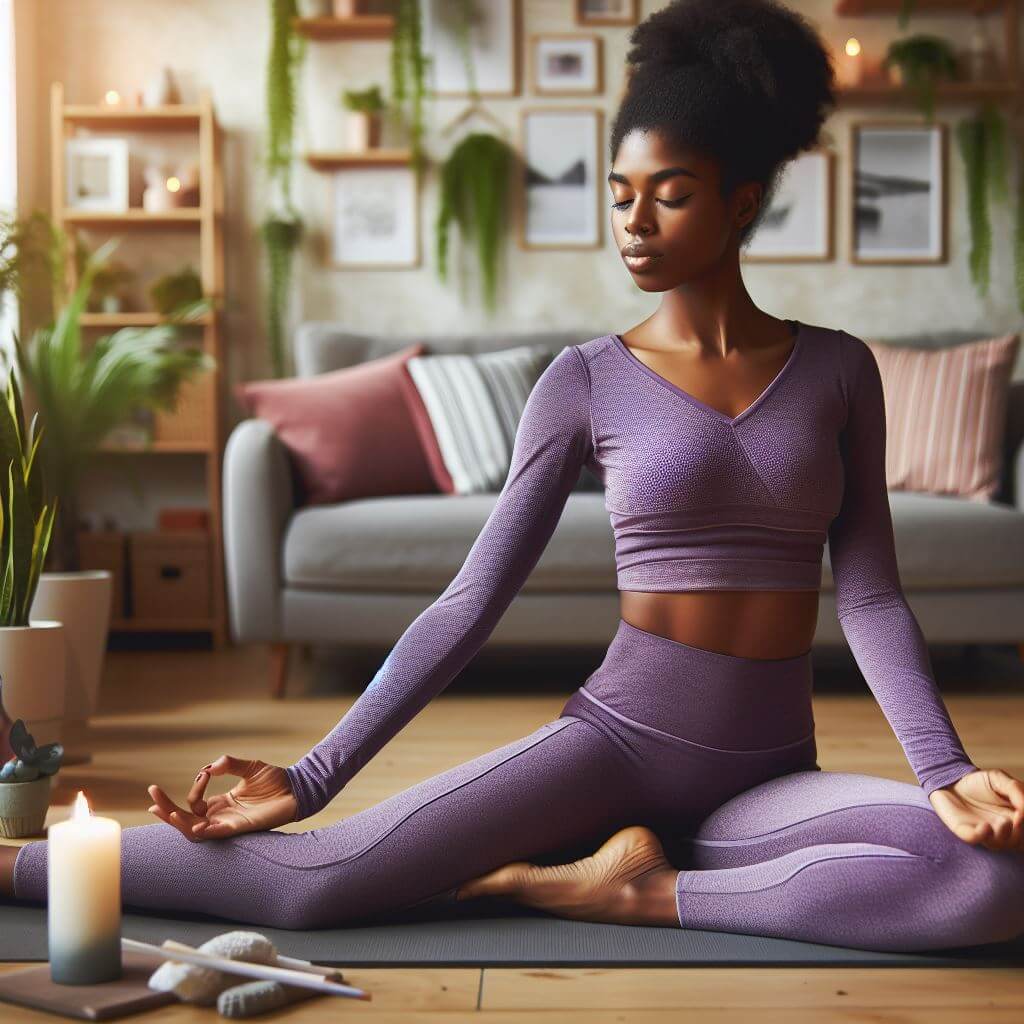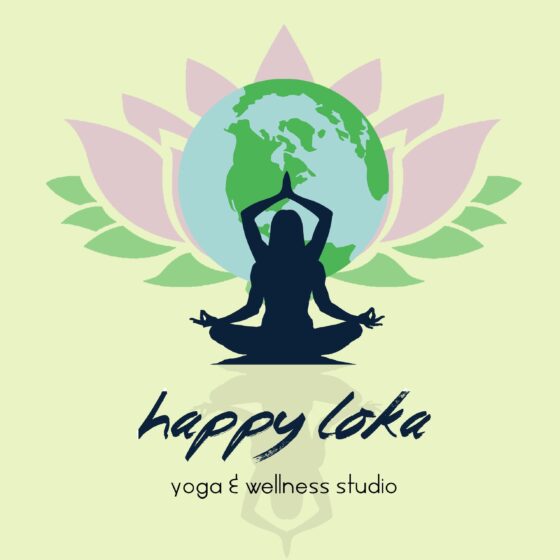The foundational philosophy and principles of Sivananda Yoga are a beacon for those seeking a deeper understanding and integration of the physical, mental, and spiritual aspects of their lives. This yoga tradition, founded by Swami Sivananda, emphasizes a holistic approach through five basic principles: proper exercise, proper breathing, proper relaxation, proper diet, positive thinking, and meditation. These guidelines serve not only as guidelines for physical practice but as a foundation for a lifestyle that promotes overall well-being and inner peace.
Proper asana practice improves physical health by improving flexibility, strength, circulation, and balance. Sivananda Yoga emphasizes a gentle but steady practice that allows the body to stretch and rejuvenate at its natural pace, reducing the risk of injury. This mindful approach to exercise aligns with the philosophy of listening to your body and respecting its limits and capabilities.
Correct breathing, or pranayama, goes beyond the simple act of breathing; it is about mastering the life force or prana. Sivananda Yoga teaches special breathing techniques designed to maximize the flow of energy, cleanse the body, and calm the mind. By mastering breathing, practitioners can influence their physiological and psychological state, strengthening health and vitality.
 Proper relaxation, or Savasana, is another cornerstone that emphasizes the importance of releasing tension and allowing the body and mind to recover from the stresses of everyday life. This principle teaches that true relaxation is more than physical rest; it is a state in which mental calmness and clarity are achieved, helping to improve concentration and reduce anxiety.
Proper relaxation, or Savasana, is another cornerstone that emphasizes the importance of releasing tension and allowing the body and mind to recover from the stresses of everyday life. This principle teaches that true relaxation is more than physical rest; it is a state in which mental calmness and clarity are achieved, helping to improve concentration and reduce anxiety.
The principle of proper nutrition in Sivananda Yoga advocates a vegetarian lifestyle, emphasizing that a diet based on natural products can improve the health of the practitioner and the environment. It is based on the understanding that food has a profound effect on our physical, mental, and spiritual well-being, promoting food that is clean, nutritious, and prepared with care and appreciation.
Finally, the principle of positive thinking and meditation is crucial for mental and spiritual health. Sivananda Yoga encourages practices that develop a positive and calm mind, enabling people to face life’s challenges with grace and resilience. Meditation, a key component of this principle, is taught as a means of transcending the mind, leading to self-realization and a deep sense of oneness with all that exists.
Practice – A typical lesson
A typical Shivananda yoga class offers a carefully balanced sequence of practices designed to work on every aspect of the self: physical, mental, and spiritual well-being. The classroom atmosphere is calm and conducive, allowing practitioners to immerse themselves deeply in their practice without being distracted by the outside world. Each session is a journey that begins with relaxation, breathing exercises, and physical poses and ends with deep relaxation and meditation that reflects the holistic essence of Sivananda Yoga.
The initial relaxation phase sets the tone for the class, inviting students to leave their worries at the door and focus on the present moment. This is important to prepare the mind and body for the upcoming practice, promoting a deeper connection with oneself. After that, the class moves on to pranayama or breathing exercises. These exercises are more than just a technique to improve lung volume; they are seen as tools for mastering the life force, directing energy to different parts of the body, and clearing mental clutter. Such practices are fundamental to Sivananda Yoga as they aid in the detoxification process and prepare the practitioner for the more physically demanding part of the practice.
Then comes the crux of the Sivananda sequence, the performance of Sun Salutations or Surya Namaskar, followed by a series of twelve basic Asanas. These poses are carefully selected for comprehensive stimulation of the whole body. Sun salutations serve as a dynamic warm-up, gracefully combining movements with breathing, charging the body with energy, enhancing smoothness and grace. The asanas are then performed in a specific order to ensure a balanced workout. Each pose targets different muscles, organs, and glands, promoting strength, flexibility, and balance. Holding poses for extended periods allows practitioners to immerse themselves more deeply in each pose, promoting self-immersion that relates to both mental and physical endurance.
The final relaxation usually practiced in Savasana allows the body to absorb the benefits of the exercise, encouraging recovery and rejuvenation. This is a full-fledged rest that combines physical exertion with mental relaxation and promotes healing and a sense of inner peace.
A distinctive feature of Sivananda Yoga classes is the inclusion of philosophical teachings and guidelines for the yogic lifestyle. Instructors often discuss the principles of yoga, sharing insights on how to incorporate them into everyday life. This educational aspect enriches the practice, making each session not just a physical exercise, but a holistic experience that nourishes the body, mind, and spirit.
Impact on Modern Life
In an age where stress and anxiety have become common ailments, the relevance of Sivananda Yoga cannot be overstated. Its balanced and gentle approach makes it suitable for all ages and fitness levels, serving as a powerful antidote to the challenges of modern life. Practitioners often report improvements not only in their physical health but also in their mental and emotional well-being. The discipline it promotes can lead to a more mindful life, improving relationships with others and with yourself.
What’s more, the sense of community that exists in Sivananda Yoga classes and centers around the world adds another layer of support, allowing people to begin their wellness journey surrounded by like-minded people. This aspect of learning and sharing is an integral part of the spiritual path that Sivananda Yoga offers.
